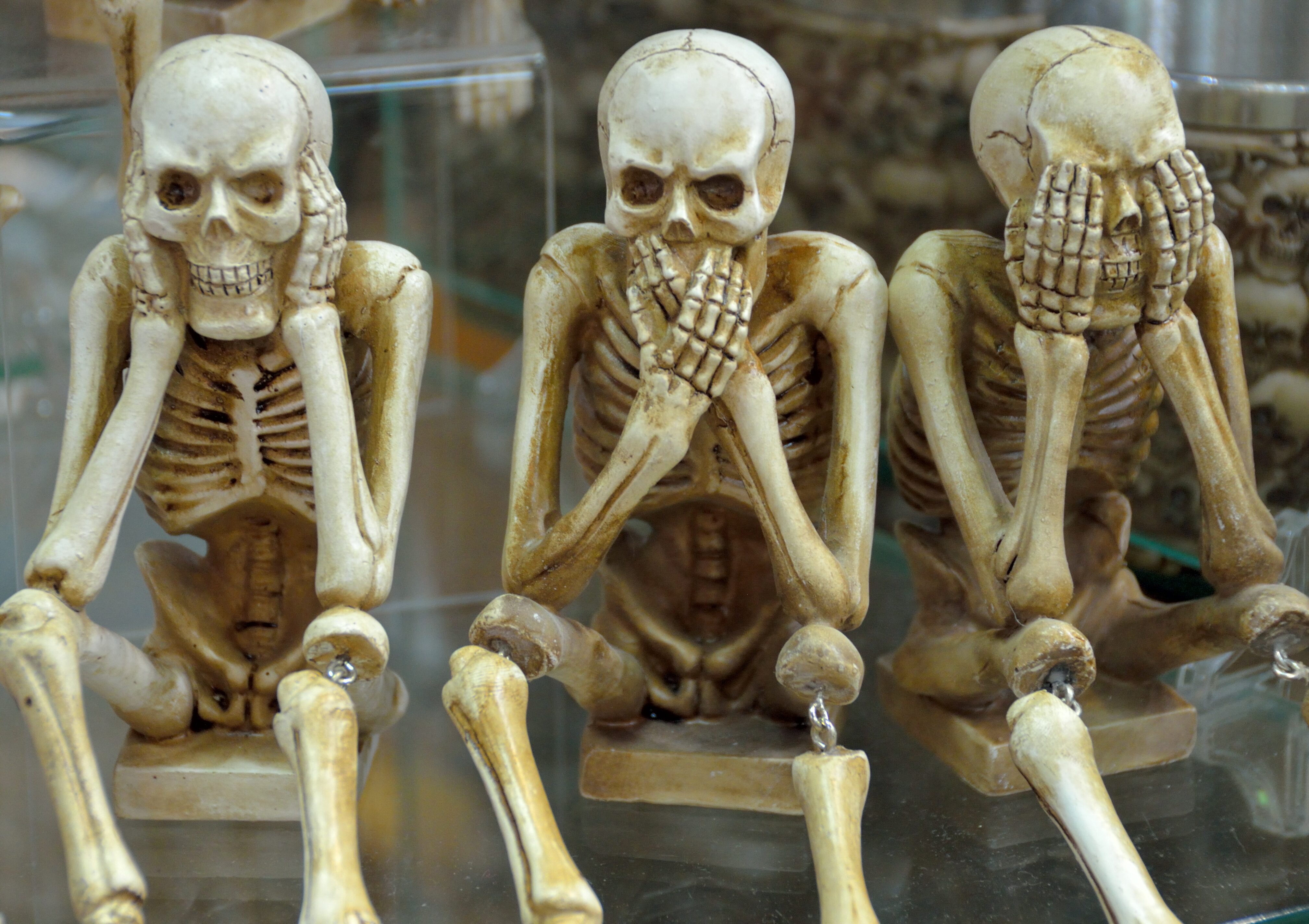
In recent years, debates around gender medicine have become some of the most polarized in the scientific and cultural landscape. What was once the realm of cautious inquiry has, in many institutions, hardened into dogma. Researchers who raise empirical or ethical concerns about puberty blockers, cross-sex hormones, or surgical interventions for minors increasingly find their work censored or discredited—not through evidence, but through social pressure and editorial gatekeeping.
A new paper by J. Cohn in the Journal of Controversial Ideas shines a bright and uncomfortable light on this phenomenon.
In “Censorship of Essential Debate in Gender Medicine Research,” (see below) Cohn exposes a disturbing trend in modern medicine: the systematic censorship of scientific debate in the field of gender medicine. The piece reveals how leading medical journals and professional societies have created an echo chamber that suppresses scrutiny, silences dissent, and promotes ideology under the guise of science.
The Core Problem: Debate Is Being Shut Down
Cohn argues that medical research on gender dysphoria—especially regarding hormonal and surgical interventions for minors—has been overtaken by advocacy rather than evidence. The core claim is simple but explosive: major journals like JAMA and The New England Journal of Medicine routinely reject well-documented critiques of published research, allowing false or exaggerated claims to circulate uncorrected. Letters highlighting factual or methodological errors are blocked, and even platforms like PubPeer have removed accepted criticisms without explanation.
This, Cohn warns, is not merely academic malpractice—it is a corruption of science itself. When editors silence valid scientific debate, public policy and medical practice are shaped by untested assumptions and political pressure rather than by evidence.
What the Evidence Actually Shows
The article points to a striking fact: despite the confident tone of many advocacy-driven statements, there is no scientific consensus on the effectiveness of medical transition, especially for youth. Systematic reviews—the gold standard of evidence—consistently find the evidence base to be weak or of very low certainty. The long-term outcomes of puberty blockers, cross-sex hormones, and surgeries remain largely unknown.
Even basic questions about etiology, persistence, and predictors of benefit in gender dysphoria are unresolved. Yet, U.S. medical bodies have promoted these interventions as both safe and necessary—often claiming they are “lifesaving” while dismissing alternatives like psychotherapy or watchful waiting.
False Claims and the Refusal to Correct Them
Cohn provides concrete examples of misinformation that have been published and then protected from correction. Some articles claim that regret rates after transition are “low” or “rare,” despite the fact that true rates are unknown because of poor follow-up and incomplete data. Others assert that randomized controlled trials would be unethical—a claim that is scientifically indefensible, since experimental rigor is what distinguishes genuine medicine from ideology.
Cohn recounts instances where he attempted to submit brief corrections or letters to editors, only to see them rejected without explanation. One such letter challenging NEJM was dismissed; another, initially accepted by JAMA, was later withdrawn before publication. In both cases, his critiques were grounded in empirical evidence.
How Journals and Societies Reinforce Error
The article describes what Cohn calls a “closed loop” between medical journals and professional associations. Guidelines by groups like the American Academy of Pediatrics cite the very same uncorrected journal articles that overstate the evidence for gender transition. The result is a self-reinforcing cycle: advocacy-based claims become the official line, while attempts at correction are buried.
The International Picture: Caution Abroad, Ideology at Home
Outside the United States, several nations have already reevaluated their approach. Sweden, Finland, and the United Kingdom have all pivoted away from automatic medicalization toward a more cautious model emphasizing psychotherapy and holistic care. The 2024 Cass Review in the U.K. and a 2025 U.S. Department of Health and Human Services review both acknowledge the same reality: the evidence for pediatric gender medicine is extraordinarily weak.
Why This Matters
The censorship of debate in gender medicine is not just a matter of professional ethics—it directly affects vulnerable patients and the integrity of public trust in science. When unsupported claims about safety and efficacy are treated as settled facts, doctors cannot give truly informed consent, and policymakers are misled into endorsing experimental treatments for children.
Cohn concludes with a reminder drawn from JAMA’s own editorial policy: “The integrity of the scientific process hinges on the free exchange of scientific ideas grounded in rigorously conducted inquiry.” That principle, he argues, is being betrayed by the very institutions charged with upholding it.
The Way Forward
True science welcomes scrutiny. It is strengthened by disagreement and refined by debate. Cohn calls for the restoration of open, evidence-based discourse in gender medicine—a return to the first principles of inquiry: transparency, humility, and courage. Until that happens, medical journals risk losing what makes them credible in the first place.
The article ends with a simple warning that resonates far beyond gender medicine: when science silences itself, ideology rushes to fill the void.
You can download a PDF version of this article for easy sharing and reference.
+++
Grace and Truth


